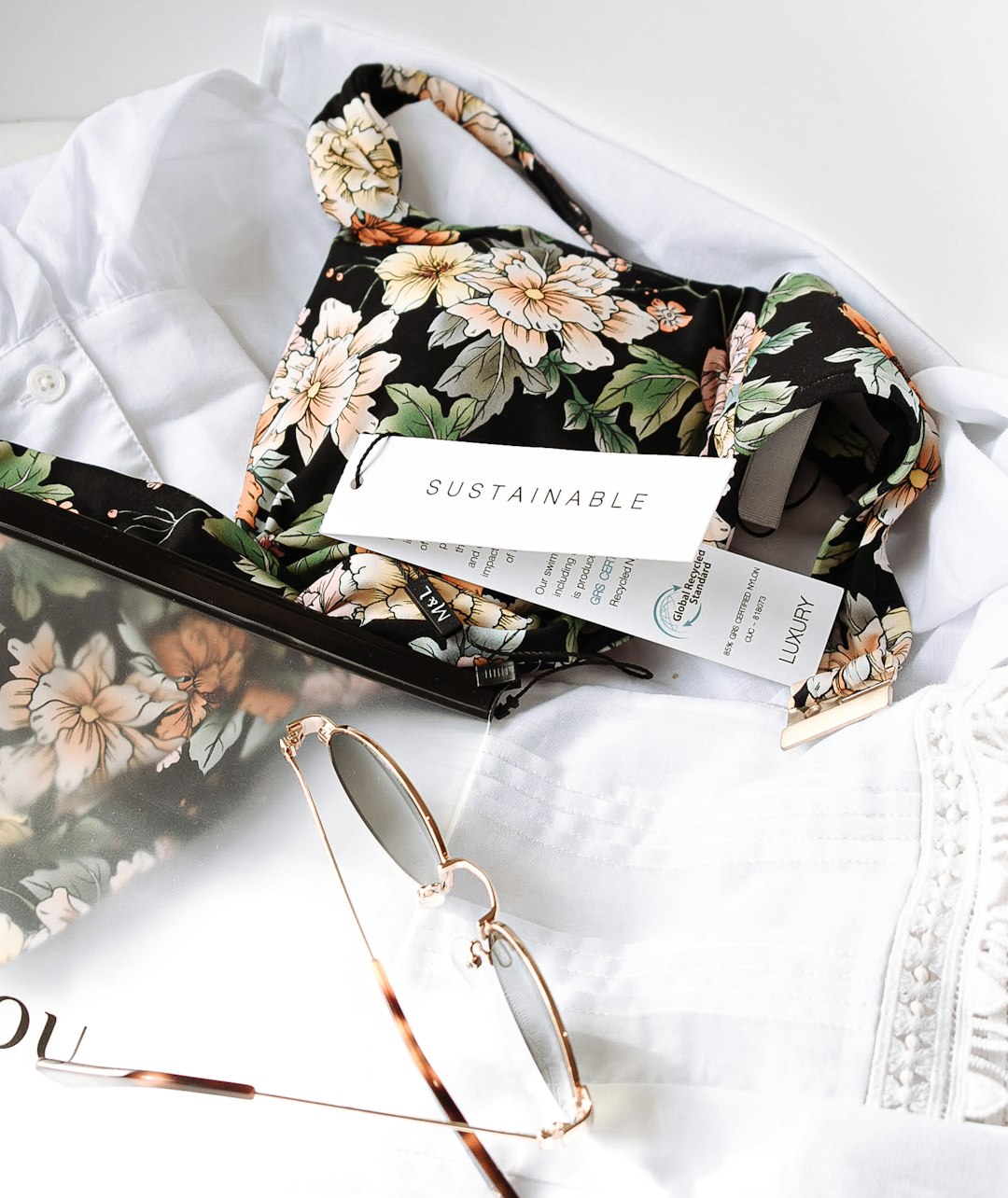
The Significance of Making Ethical Fashion Choices
Share
In today's society, the fashion industry plays a pivotal role in shaping trends and influencing consumer choices. While style and aesthetics remain essential factors in fashion, an increasing number of individuals are recognizing the significance of ethical fashion choices. The decision to support ethically produced clothing not only reflects personal values but also contributes to a more sustainable and socially responsible industry.
What is Ethical Fashion?
Ethical fashion refers to clothing and accessories that are manufactured with a focus on minimizing the impact on the environment and ensuring fair treatment of workers throughout the supply chain. This includes using sustainable materials, reducing waste, and implementing fair labor practices. By choosing ethical fashion, consumers can align their purchases with their values and support brands that prioritize social and environmental responsibility.
The Role of Consumers in Ethical Fashion
As consumers, we have the power to drive change in the fashion industry through our purchasing decisions. By opting for ethically produced garments, we can demand transparency from brands and support initiatives that promote sustainability and ethical practices. Our choices directly influence the direction that the fashion industry takes, encouraging more brands to adopt ethical standards.
The Environmental Impact of Fashion
The fashion industry is known for its significant environmental footprint, with processes like textile production, dyeing, and transportation contributing to pollution and resource depletion. By choosing ethical fashion, individuals can reduce their carbon footprint and support brands that prioritize eco-friendly practices. Sustainable materials like organic cotton, hemp, and recycled fibers are increasingly becoming popular choices in ethical fashion.
The Importance of Fair Labor Practices
Ensuring fair wages and safe working conditions for garment workers is an essential aspect of ethical fashion. Many conventional fashion brands outsource production to countries with lax labor laws, leading to exploitation and unsafe working conditions. By supporting brands that prioritize fair labor practices, consumers can contribute to improving the livelihoods of workers in the fashion industry.
Supporting Local Communities
Another aspect of ethical fashion is supporting local artisans and communities. Many ethical fashion brands work closely with artisans to preserve traditional craftsmanship and empower local communities. By purchasing ethically made clothing, consumers can help preserve cultural heritage and support sustainable livelihoods for artisans around the world.
Transparency and Accountability
One of the key principles of ethical fashion is transparency in the supply chain. Ethical brands are open about their production processes, sourcing of materials, and labor practices. By choosing to support transparent brands, consumers can make informed decisions about their purchases and hold companies accountable for their actions.
The Rise of Ethical Fashion Brands
With the growing awareness of sustainability and ethical practices, there has been a rise in ethical fashion brands that prioritize transparency and social responsibility. These brands offer a wide range of stylish and eco-friendly clothing options, catering to consumers who value both fashion and ethics. By supporting these brands, individuals can make a positive impact on the fashion industry.
Choosing Quality Over Quantity
One of the core principles of ethical fashion is choosing quality over quantity. Instead of buying into fast fashion trends that promote disposable clothing, ethical fashion encourages consumers to invest in high-quality, timeless pieces that are designed to last. By opting for durable and well-made garments, individuals can reduce waste and contribute to a more sustainable fashion industry.
Embracing Individual Style
Contrary to the misconception that ethical fashion is limited in style and options, many ethical brands offer a diverse range of clothing that caters to various tastes and preferences. From casual wear to formal attire, ethical fashion provides ample choices for individuals to express their personal style while making conscious decisions about their clothing purchases.
Conclusion: Fashioning a Better Future
In conclusion, the importance of ethical fashion choices cannot be understated in today's fashion landscape. By supporting ethically produced clothing and accessories, individuals can make a positive impact on the environment, support fair labor practices, and contribute to a more sustainable and socially responsible industry. Every purchase we make is an opportunity to advocate for change and align our values with our fashion choices. Together, we can fashion a better future for the industry and the planet.
Visit ZLA today to explore a wide range of ethical fashion options and make a conscious choice for a better tomorrow.
Discover the amazing creations of a fellow Shopify store owner by visiting their online store. Click here to explore. Keep in mind that this is a promotional link, and we are not liable for the content of the linked store.
